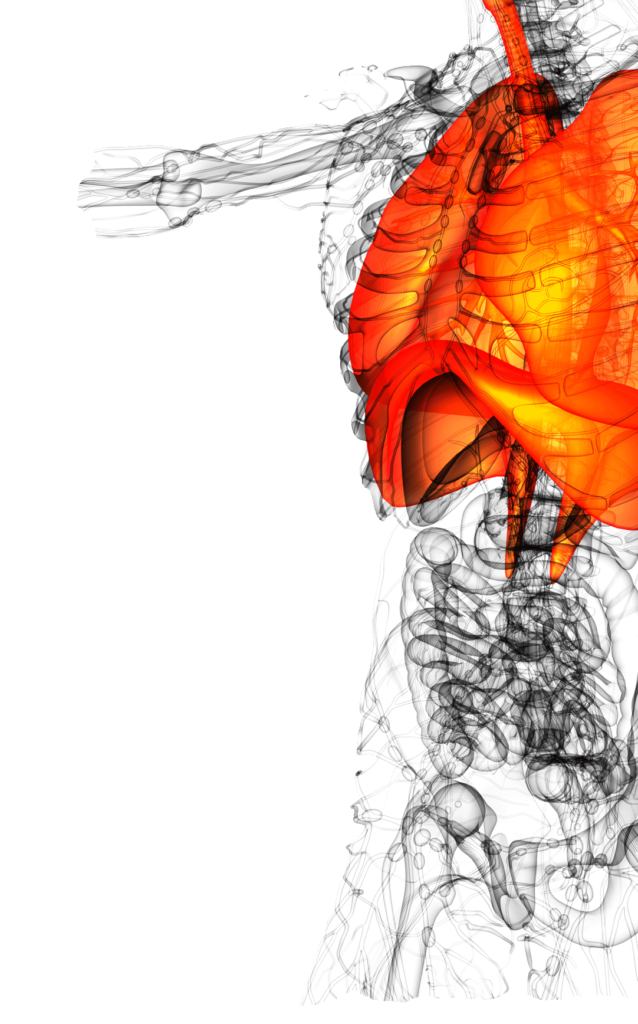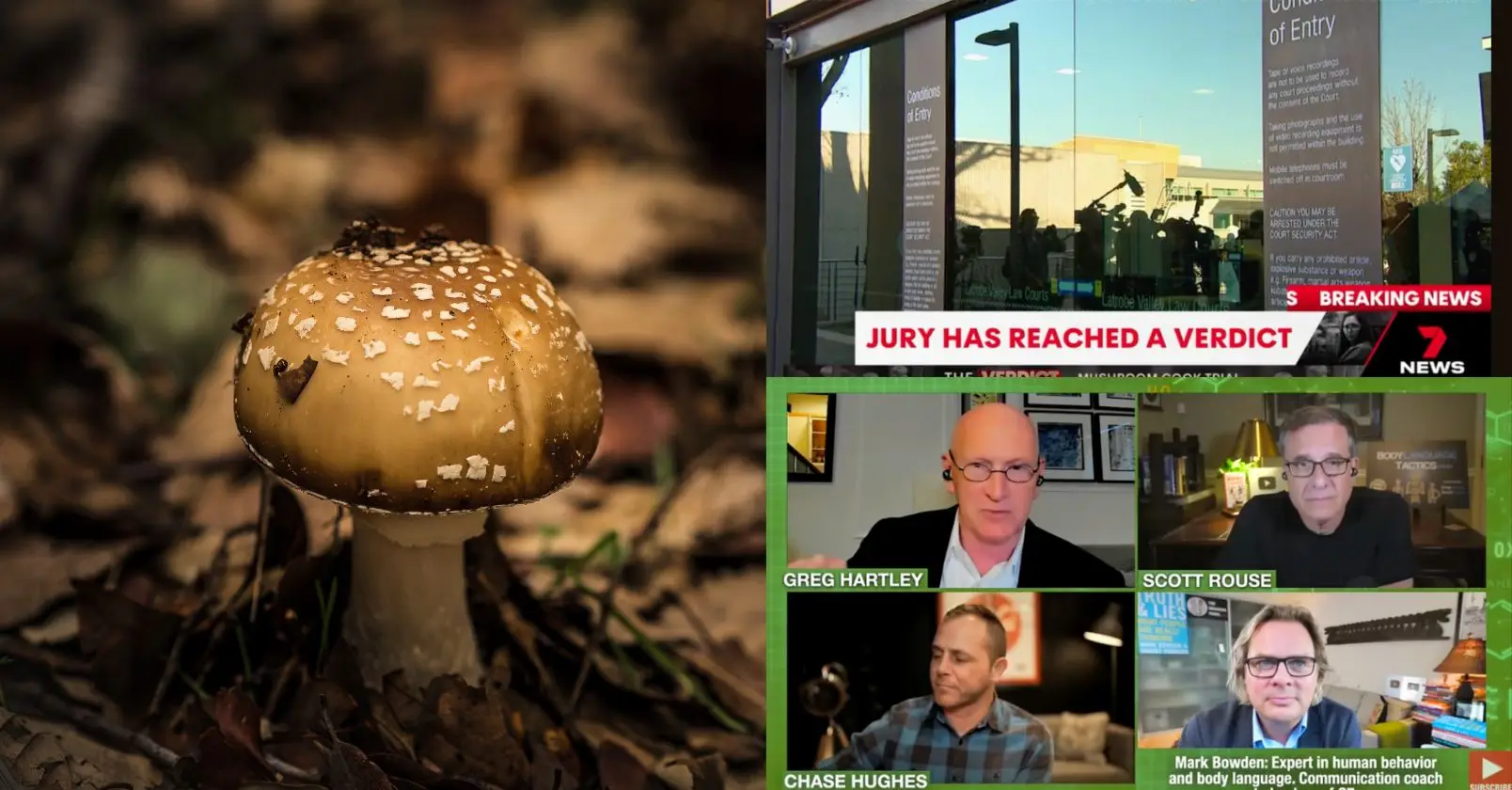Heart attacks up 20% – There seem to have been two groups of people during the covid lockdown crisis: those who exercised madly and changed their diet and those who moaned and drank copious amounts of wine – daily. Oops.
The covid crisis as we experienced it during lockdown is over, but now the repercussions are becoming evident with a 20% increase in heart attacks and significantly elevated rates of deaths from diabetes, strokes and heart disease.
Its time for recovery and you don’t need more stress.
And what stresses people out is presenting, influencing and communicating.
Here’s the good news: This can be fun. This can be an exploration with joyful experimentation and practice every day.
Answer these questions to see if you are on the right track.
Are you:
writing, then reading your presentation?
trying to memorise sections of the presentation to make it flow?
trying to speak more slowly?
taking a big breath in before you speak?
leaning in with your body to have impact?
putting all your information on the PowerPoint so it is all there for people
to read?keeping your hands and body still to be professional?
If you are doing all or anything of these, you are playing the WRONG GAME and the poor outcomes will magnify your stress.
Presenting, influencing and communicating is inherently human. It should not add to the stress. It should be exhilarating. Not only are you presenting ideas and information, but you are also learning about yourself and how to keep the body free, congruent and clear in your communication. It’s a joy!
Here are some thoughts:
Don’t | Do |
Writing, then reading your presentation? | Structure your work.
Put it into sections of information. Try not to write.
Use boxes, shapes, acronyms. |
Trying to memorise sections of the presentation to make it flow? | The Ancient Romans used memory techniques to remember hours of oratory. Use acronyms, use gestures, use anchored spaces, use metaphors, build a house with rooms of information</span |
Trying to speak more slowly? | It is impossible to hold the thought to ‘speak more slowly’ for any length of time. Instead go back to the root cause, which is the breath. Move, cough or open your mouth instead |
Taking a big breath in before you speak? | Taking a big breath in can massively accentuate your stress by taking the air into the upper body. Try a breath out instead |
Leaning in with your body to have impact? | Leaning in is a metaphor, not an actual thing you should do regularly in presentation. It can be aggressive. Be straight in your body. |
Putting all your information on the PowerPoint so it is all there for people to read | PowerPoints are for colour and excitement and are a memory technique. If people are ‘reading’ your PowerPoint, you are lost |
Keeping your hands and body still to be professional? | Bodies and arms need to move to keep you breathing, to keep the information vital and can also be used as a memory technique. It just has to be congruent and non-repeat. |
When it comes to health, you can’t do anything about your family history or the past, but you can do something about everything else.
Start with your communication.





